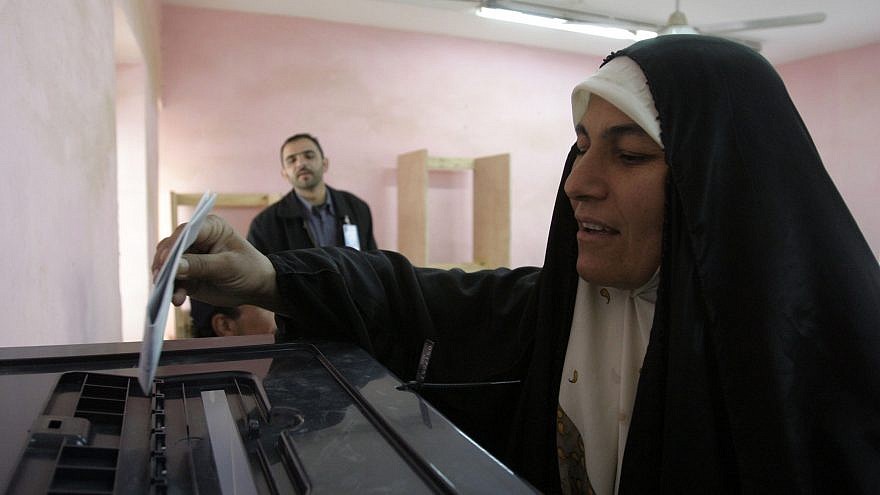As Iraqis prepare to go to the polls on May 12, Iran’s influence in the country is growing, raising concerns over Tehran’s sectarian agenda and interference in Iraq’s democratic election process, Fox News reported on Wednesday.
Iran and Iraq, both Shiite-majority counties, share a 1,500-kilometer (900-mile) border, and maintain deep economic and cultural ties.
The Islamic Republic is widely seen as gaining more influence in Iraq after the capture of much of northern and western Iraq in the summer of 2014 by the terrorist group ISIS, leaving the door wide open for the Iranian-backed Shiite militia to cement its power in the country.
ISIS has since been largely defeated, and Iraq has officially integrated some powerful Shiite militia forces into the regular Iraqi army. That influence has sown fear among Iraq’s Sunni population, which fears that Iran is pursuing a sectarian agenda in Iraq.
This development has also caused concern in the United States.
Reuters reported last month that U.S. Defense Secretary James Mattis accused Iran of “mucking around” in Iraq’s upcoming elections. Mattis told reporters that America had what he called “worrisome evidence” that Iran is funneling “not an insignificant amount of money” into Iraq to interfere in Iraq’s democratic election process. Baghdad rejected the accusation.
Iran’s Supreme Leader, Ayatollah Ali Khamenei, has previously warned the Iraqi government not to allow U.S. troops to remain in Iraq after the defeat of ISIS.
In February, Qais al-Khazali, the founder and leader of Asaib Ahl al-Haq, an Iranian-sponsored Shiite militia, vowed that Shiite groups will form Iraq’s next government, and their priority will be to “expel the American forces from Iraq and terminate the strategic cooperation agreement between the two countries.”
The same month, Kata’ib Hezbollah, an Iranian-supported group that is part of the powerful Popular Mobilization Unit, warned that its fighters will begin to attack American troops “at any moment” if they build a permanent military presence in Iraq.


























